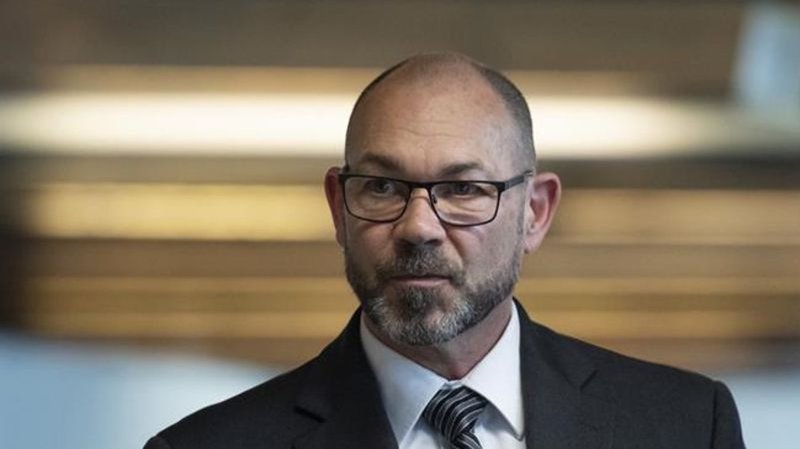
Courts martial in limbo as Canada’s military justice system faces new challenge
OTTAWA — A court martial involving a Canadian Armed Forces officer accused of sexual assault is one of several trials in limbo over another challenge to the constitutionality of the military justice system.
The latest challenge stems from an order from chief of the defence staff Gen. Jonathan Vance last year that placed responsibility for disciplining Canada’s military judges with another senior officer he appointed.
Since August, three of the current contingent of four judges have ordered four courts martial to be stayed after determining that Vance’s order infringes upon their own independence, which in turn undermined the accused service member’s right to a fair trial.
One of those cases involves Capt. Mark Iredale, who is facing three counts of sexual assault. Two others involve service members charged with drug offences. The fourth relates to allegations of insubordination by a junior officer.

